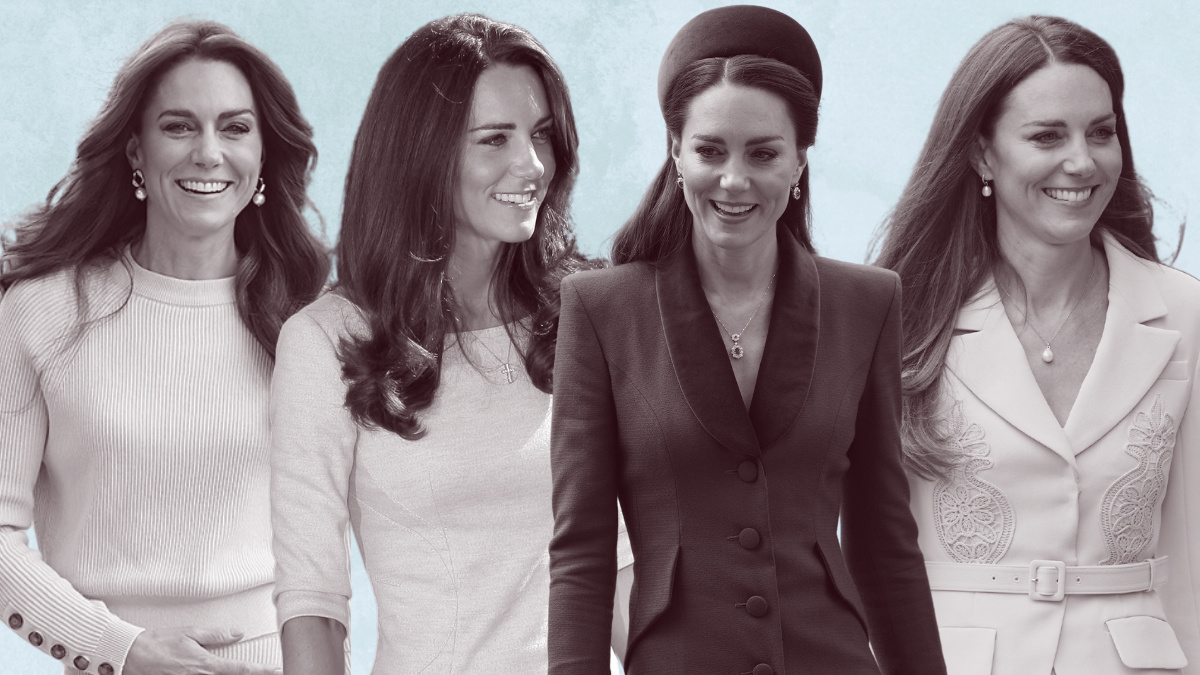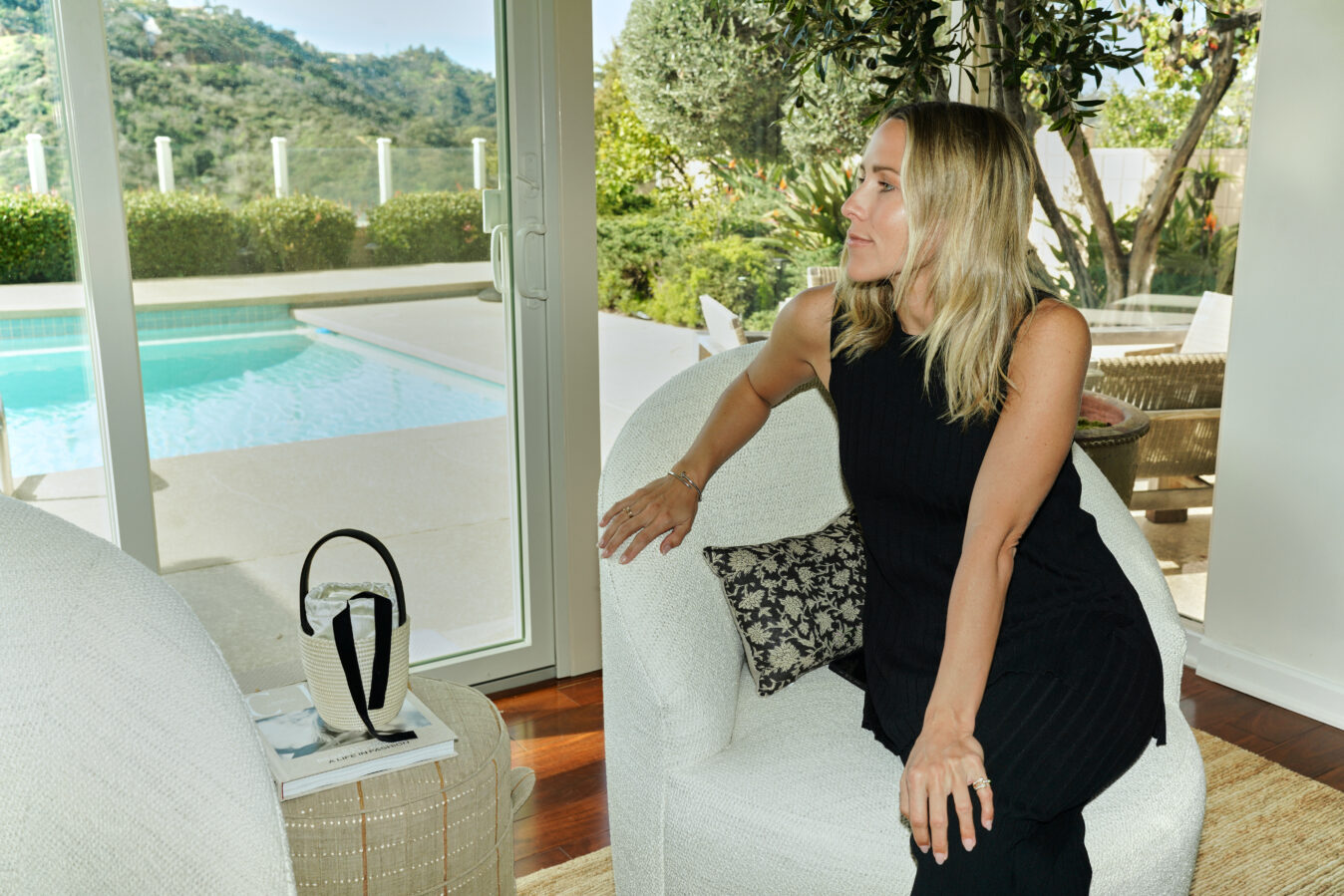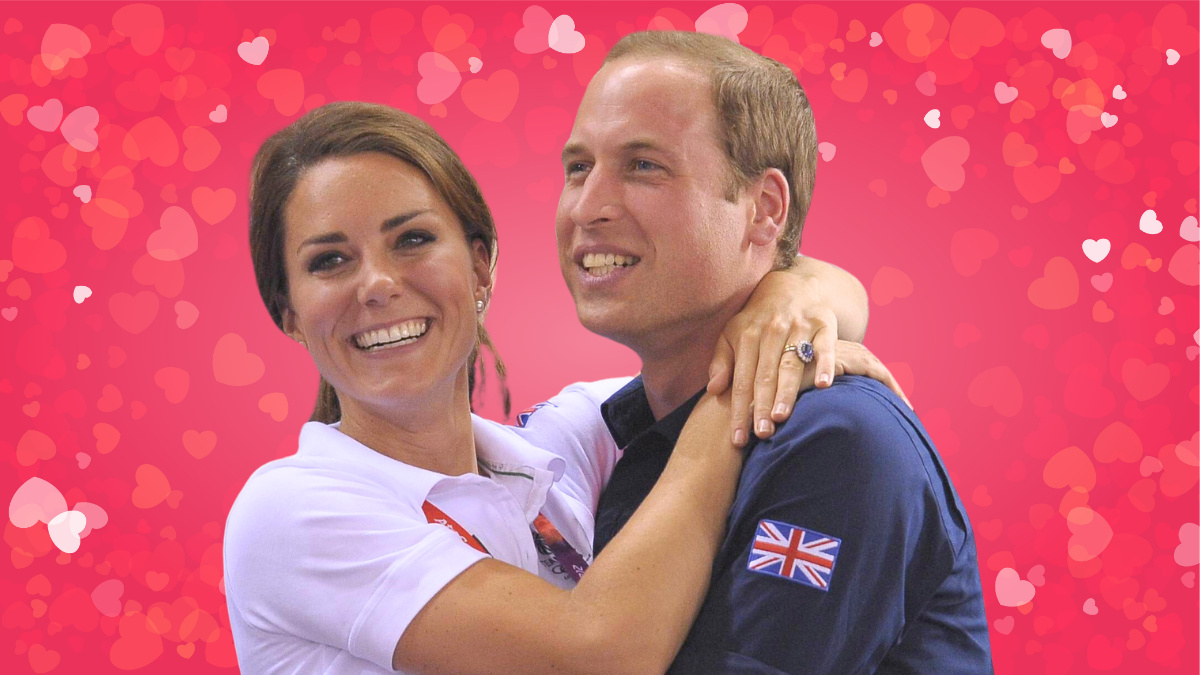Table of Contents
Parenting is hard enough without somebody looking from the outside in and critiquing your methods. And there is no one “right” way to parent—only what’s right for your family. However, a recent study published in the Medical Journal Epidemiology and Psychiatric Sciences suggests that one particular parenting style may put your children at a higher risk.
Parenting styles that included strict discipline and over-controlling behavior, referred to as “hostile” or “aggressive” parenting, were found to nearly double the risk for children to develop mental health symptoms, according to the study out of Ireland and the United Kingdom. But it’s never too late to reverse course and become the parent you want to be and need to be for your children.
Study Links Hostile Parenting and Kids’ Mental Health
Researchers found hostile parenting raised a child’s chances of being both high-risk and mild-risk for mental health issues. The study followed more than 7,500 children and families from age 9 months up until they were 9 years old. Children who were exposed to hostile parenting at age 3 were 1.5 times more likely to have high-risk mental health symptoms and 1.6 times more likely to have mild-risk mental health symptoms by age 9.
There were also differences between sexes and among various income brackets. Those assigned female at birth were more likely to be in the high-risk category than those assigned male at birth. Children from wealthier backgrounds were less likely to show symptoms of mental health issues, while children with one parent were more likely to be at high risk for issues.
They also found that consistent parenting (where rules are applied and expectations exist) had a limited protective role for children in the mild-risk category. Interestingly, warm parenting styles (those that are more protective) didn’t increase the likelihood of children falling into the low-risk group. The researchers said this could be due to the way other factors, like gender or socioeconomic status, influence mental health outcomes.
What Exactly is Hostile Parenting?
More often than not, parenting is a learned experience. We aren’t born with the knowledge of how to be a parent. We tend to draw from what we know or have experienced in our own childhoods. Then we use those experiences as a guide for how we want (or don’t want) to raise our own children.
“Hostile parenting is an aggressive style of parenting, whether it’s physical or verbal,” says Kadesha Adelakun, LCSW, RPT-S, PMH-C, the owner and director of The Journey Counseling Services. “Oftentimes, it’s out of ignorance, experience, stress, or hopelessness, possibly due to their own situation(s). Also, feeling like nothing is working with the child in regards to changing their negative behavior(s)”.
This type of parenting could also be called authoritarian parenting. In short, it’s a parent who says “It’s my way or the highway.” There’s little room for a child to have a discussion with their parent and mistakes often lead to punishment. These children tend to have higher levels of aggression and may rebel against authority figures as they get older.
There are risks to our children and their mental health due to this parenting style. “Constantly being aggressive (or hostile) with your child can cause major anxiety. They may always be anxious about what’s going to happen or what kind of punishment they will receive,” Adelakun says. “It can also cause them to be aggressive themselves, by modeling the behaviors and treatment given to them. They can also act out and/or be depressed, due to their environment and treatment.”
How to Reduce Effects of Hostile Parenting
Your environment, your children, and your own mental state can all have an effect on the type of parent you turn out to be. Since external factors and stressors are ever-changing, doing internal work is important for parents. When we work to become the best version of ourselves for ourselves, it’s much easier to be better parents for our children.
“If a parent is having trouble reducing their hostile behavior, I’d recommend they seek therapy to assist them with any trauma, hostile parenting, or stress they may have experienced or are experiencing” Adelakun suggests. “I’d also recommend they attend parenting classes to assist them with learning, developing, and implementing better parenting techniques.”
Researchers in this study say parents who are more hostile or aggressive may need support and resources to address their own needs—as well as parent training to improve their interactions with their child.
A support system may also help ease the burden for parents who find themselves teetering on the edge. “Finding and utilizing a support system, when needed, may also help with possibly getting a break, knowing they’re not alone, and just having support,” adds Adelakun. “Their child may also benefit from therapy to assist with reducing negative behaviors if that’s a trigger to the parent’s hostile parenting.”
While the effects of hostile parenting can make a lasting impact on both children and parents, work can be done to help process these experiences. “With therapy and/or possible change in environment, they can learn to process and/or work through their experience, to move forward and make a conscious decision to try not to repeat this cycle with their own children if they choose to have any,” Adelakun says.
Other Parenting Styles and What Works
In addition to authoritarian/hostile parenting, there are generally three other main parenting styles.
Authoritative parenting tends to be a much healthier parenting style. Authoritative parents have rules, expectations, and consequences—but they also take their children’s opinions into consideration. They validate their children’s feelings, while also establishing that the adults are ultimately in charge. There is usually a healthy, close parent-child relationship established with this parenting style. Kids tend to have higher self-esteem and confidence. This type of parenting generally leads to a well-rounded kid but does require patience on both sides.
Permissive parents have very limited expectations and rules. Permissive parents are warm and nurturing but also let their kids figure things out on their own. Discipline is rarely used. But sometimes too much freedom can lead to negative habits like too many unhealthy snacks, a late bedtime, and too much screen time. Yet these kids do develop a decent level of self-esteem.
Uninvolved parents generally stay out of their child’s way. They will meet their basic needs, but then have a limited amount of communication with them. These kids are usually pretty resilient and self-sufficient. But that’s most often because they have to be.
You may have heard of other parenting styles named after animals: tigers, dolphins, elephants, and jellyfish. But they also tend to align with the parenting styles described above. There is no one “right” way to parent. Maybe it’s taking a little bit from every style above. But the bottom line is simply to become the best parent you can be for your own children.

:max_bytes(150000):strip_icc()/GettyImages-123599474-24040ac8ff43449a985e34b75ec68c8c.jpg)





